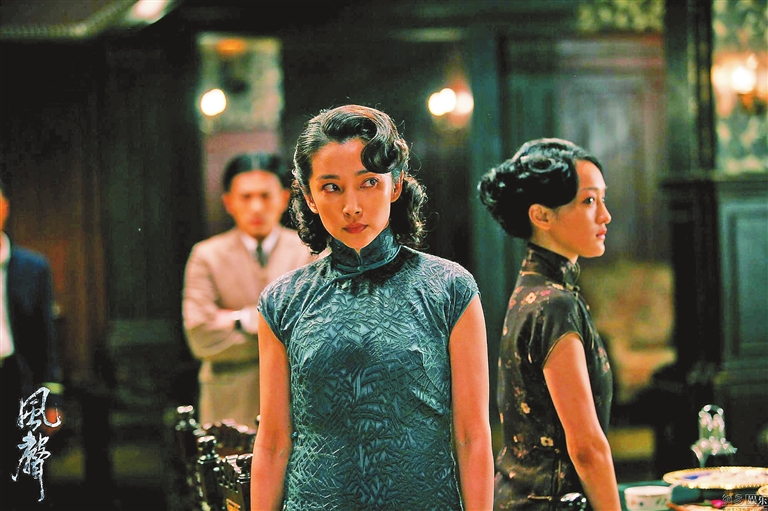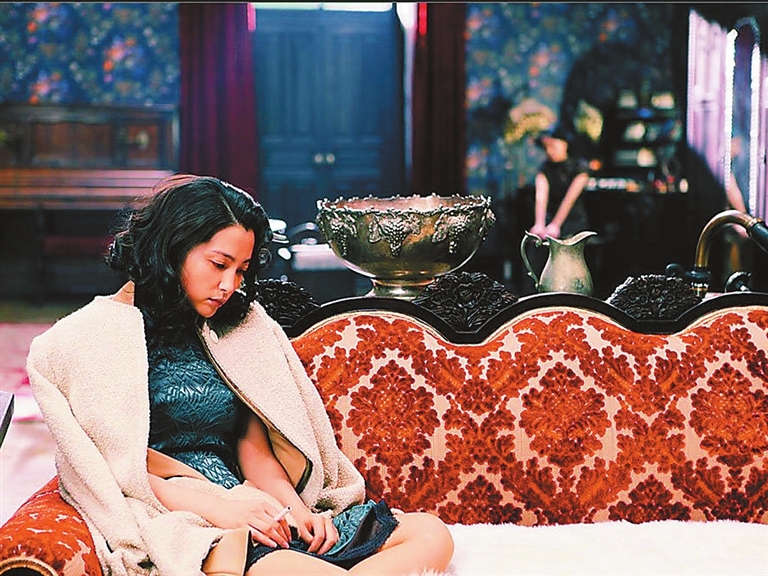

Starring: Zhou Xun, Li Bingbing, Zhang Hanyu, Huang Xiaoming, Su Youpeng Directors: Gao Qunshu, Chen Kuo-fu EXTRAVAGANTLY produced to exude an abundance of period elegance, danger and intrigue that sparks associations with “Lust, Caution,” “The Message” is a ’40s Sino-Japanese spy thriller that’s replaced lust with torture. Co-directing with Taiwan’s Chen Kuo-fu (“Double Vision”), who also supplies the elaborate screenplay, China’s Gao Qunshu turns his craft at mounting suspense from events set in a tight space and time frame (exemplified by his bomb-detonation thriller “Old Fish”) to a more psychological rather than situation-driven level. Although showy visual effects and cinematography strain the moviemaking, these bells and whistles were designed to impress the target mainland audience. Overseas audiences may feel ambushed by the flurry of characters and historical facts that the film rushes through, although essentially the set-up is a variation on an Agatha Christie whodunit. In 1942, five personnel in the intelligence unit of Wang Jingwei’s traitor regime are confined for five days in a villa in the suburbs of Beijing. Three of them are central figures: Morse code expert Ningyu (Li Bingbing), mailroom staffer Xiaomeng (Zhou Xun) and army captain Wu Jinguo (Zhang Hanyu). One of them is an infiltrator code-named Phantom. To unmask Phantom’s identity, Japanese colonel Takeda (Huang Xiaoming) and his collaborator Wang play the suspects off each other, crushing them mentally and physically with cruel means. Phantom must be equally ruthless to survive and get a message out to resistance leader Magnum. The mind games, not particularly subtle, are effectively twisted, but the torture scenes are what this film will be remembered for. They are choreographed to abet imagination of unspeakable pain and horror without showing anything really graphic. The sensational array of instruments and methods makes “Hostel” and “Martyrs” seem like one-trick ponies. This rarefied depiction of torture as a sophisticated art form makes one shudder more at the sick minds behind it. Of the three central figures, Zhou and Li perform with the expressive grace of silent movie heroines. Even as a coquettish rich girl, Zhou hints at inner depth. As the less worldly Ningyu, Li displays poise where one expects hysteria when navigating perilous situations. The male leads don’t stand up to them. Huang is especially wooden, and squanders the chance to develop a role already attributed with complex motives. It also is awkward to see Zhang play a collaborator with the same upstanding dignity as the Communist officer in “The Assembly.” Some of the production’s heaviest investments are its most glaring aspects, like the CGI overkill, and the ostentatious cinematography by Jake Pollock. The villa is never framed without the fly-cam swooping and fluttering around it, making it look like one of those haunted castles in Roger Corman movies. Even when the female leads are having a tete-a-tete, the camera swivels and sweeps around them so much you want to shoo it away so as to concentrate on the ensemble acting. The movie is now being screened in Shenzhen. (SD-Agencies) | 
